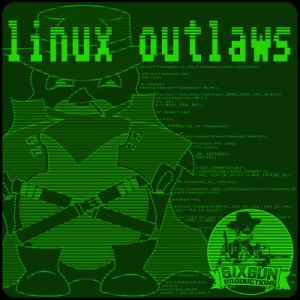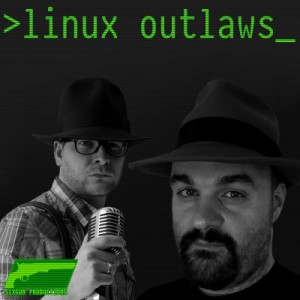If all goes according to plan, in June of 2015 HP plans to release a new operating system they’re calling Linux++. Before we start jumping up and down and putting on our party hats, we should know that this is not a new Linux distro being designed by HP to be featured on a new line of laptops. Although based on Linux and Android, this won’t even be an operating system at all in the sense that mortals such as I generally use the term. Most of us won’t be downloading and installing it. If we do, we won’t be using it as a drop-in replacement for Mint, Fedora or any of our other favorite desktop distros.

So what is The Machine? Julie Bort with Business Insider on Thursday called it “a computer so radical and so powerful that it will reduce today’s data center down to the size of a refrigerator.” If it lives up to its hype, it promises to turn today’s computers into horse and buggies by comparison.
Christine Hall has been a journalist since 1971. In 2001, she began writing a weekly consumer computer column and started covering Linux and FOSS in 2002 after making the switch to GNU/Linux. Follow her on Twitter: @BrideOfLinux




 Until Fedora 21, the Fedora Project used to have a process for release names in which knock-down drag-out brawls would break out, rhetorically speaking, in the debate and community-wide voting for the name. Arguably, Fedora 17 “Beefy Miracle” wobbled the process from the rails, and while the rest of the names were noble — my favorite was Fedora 19 “Schrodinger’s Cat” — the formula was fairly simple: Names had to meet a “is-a” test. For example, “Schnozz is a ____, and so is Keister.” Taking the example of naming Fedora 14 “Laughlin,” the Fedora Project took the name of Fedora 13 “Goddard” and, though the miracle of the “is-a” test, had a list of candidates, of which Laughlin won. So the formula is as follows: “Robert H. Goddard was a professor of physics, and so was Robert Laughlin.” To see this in action, you can look at the
Until Fedora 21, the Fedora Project used to have a process for release names in which knock-down drag-out brawls would break out, rhetorically speaking, in the debate and community-wide voting for the name. Arguably, Fedora 17 “Beefy Miracle” wobbled the process from the rails, and while the rest of the names were noble — my favorite was Fedora 19 “Schrodinger’s Cat” — the formula was fairly simple: Names had to meet a “is-a” test. For example, “Schnozz is a ____, and so is Keister.” Taking the example of naming Fedora 14 “Laughlin,” the Fedora Project took the name of Fedora 13 “Goddard” and, though the miracle of the “is-a” test, had a list of candidates, of which Laughlin won. So the formula is as follows: “Robert H. Goddard was a professor of physics, and so was Robert Laughlin.” To see this in action, you can look at the 
 Reglue and our project before it,The HeliOS Project; has been a long-time user of Mint…and not for any other reason than it fits our needs. As my friend Eric Johnson says:
Reglue and our project before it,The HeliOS Project; has been a long-time user of Mint…and not for any other reason than it fits our needs. As my friend Eric Johnson says:
 Yes.
Yes.
 In comes a castoff ThinkPad T500 from a friend in Seattle and I’m now in the 64-bit club.
In comes a castoff ThinkPad T500 from a friend in Seattle and I’m now in the 64-bit club.

